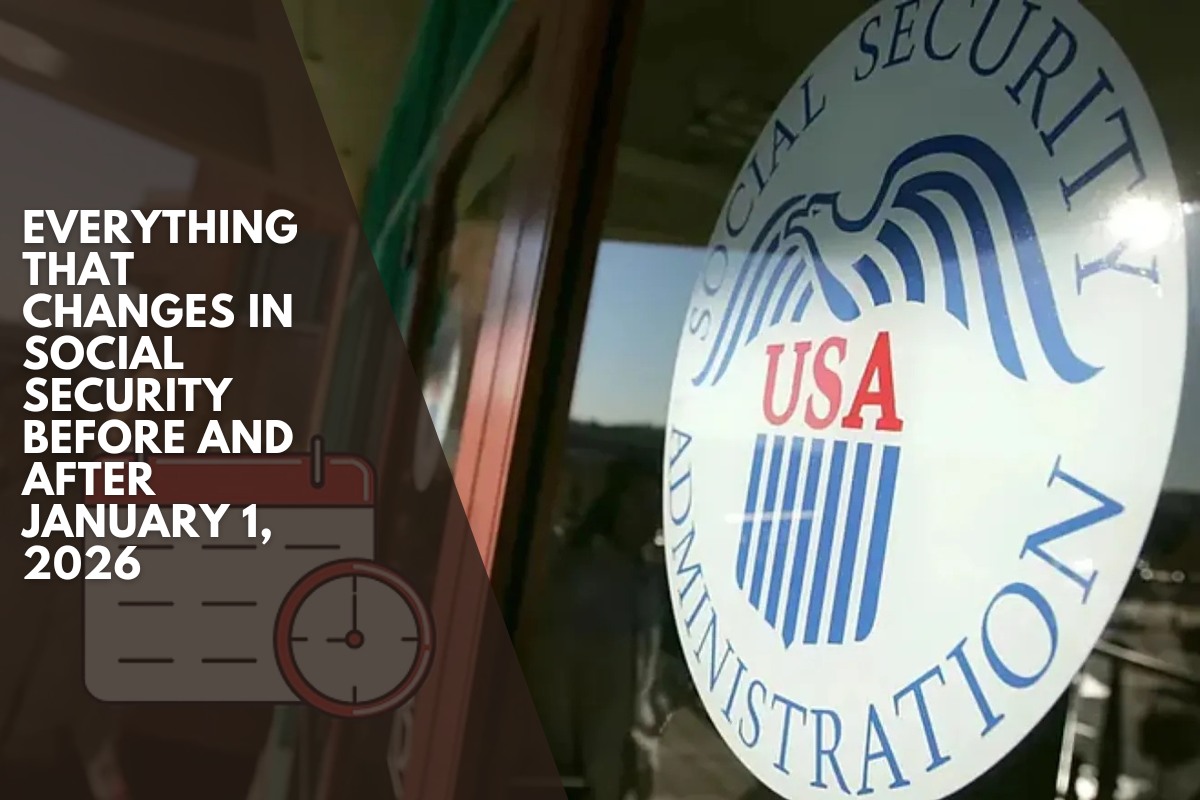President Donald Trump’s recently signed tax legislation, also known as the “big beautiful bill,” provides some relief to seniors who are currently taxed on their Social Security income. However, the bill does not completely eliminate these taxes.
Now, a new push by lawmakers could make that goal a reality.
Senator Ruben Gallego of Arizona introduced the You Earn It, You Keep It Act on Thursday, with the goal of eliminating federal taxes on Social Security benefits entirely. Representative Angie Craig of Minnesota had introduced a similar version of the bill in the House earlier this year.
In addition to eliminating the tax burden on Social Security payments, the bill would raise the payroll tax threshold, requiring Americans with annual earnings of more than $250,000 to contribute more to the program. In 2025, only income of up to $176,100 is subject to Social Security taxes.
“Despite decades of paying into the system, seniors are still forced to pay taxes on their hard-earned benefits – all while the ultra wealthy barely pay into the system,” says Gallego in a statement.
How Social Security is currently taxed
The amount of federal income tax that Social Security recipients must pay is determined by their total income.
The formula known as “combined income” is used to calculate tax liability. This includes adjusted gross income, tax-free interest, and half of a recipient’s Social Security benefits.
Individuals with a combined income of $25,000 to $34,000, and married couples with an income of $32,000 to $44,000, may have up to 50% of their benefits taxed.
Individuals and couples with combined incomes that exceed those limits may be required to pay federal taxes on up to 85% of their Social Security benefits.
What’s in the “big beautiful” bill?
Although it doesn’t eliminate Social Security taxes, the “big beautiful” tax law introduces a temporary deduction meant to ease the tax burden on older Americans.
The law establishes a new deduction of up to $6,000 for taxpayers 65 and older. This deduction is available regardless of whether a person itemizes or takes the standard deduction.
Eligibility for the full amount is determined by income. Individual filers earning up to $75,000 and couples earning up to $150,000 in modified adjusted gross income are eligible. The deduction gradually phases out for higher-income earners.
According to tax experts, this measure will most likely benefit middle-income seniors, as many lower-income retirees already pay no federal tax on their benefits, and wealthier seniors may be unable to qualify due to income limits.
The deduction is valid for tax years 2025 through 2028.
How the new bill could reshape Social Security taxation
In contrast to the limited and temporary nature of the senior deduction, Gallego’s You Earn It, You Keep It Act proposes a complete and permanent repeal of federal taxes on Social Security benefits for all recipients.
Whether the bill will gain enough traction in Congress remains to be seen. However, it has received support from advocacy groups such as the Senior Citizens League, which has been campaigning to repeal these taxes.
“Eliminating federal taxes on Social Security benefits is a commonsense step to ensure that older Americans keep more of what they’ve earned,” said Shannon Benton, the group’s executive director.
The broader debate over Social Security taxation comes at a critical time. The program’s trust fund faces a potential shortfall, with estimates indicating that benefits may be reduced within the next decade unless changes are made.
Some experts warn that the “big beautiful” bill could worsen the situation by reducing revenue without introducing compensatory measures. According to the Committee for a Responsible Federal Budget, this could accelerate the trust fund’s depletion.
In contrast, Gallego’s bill includes a funding plan. The legislation could extend the life of the Social Security trust fund until 2058 by raising payroll taxes on high-income earners.
That estimate is consistent with a previous analysis by the program’s chief actuary based on the House version of the bill introduced in April.
Whether lawmakers choose to provide temporary relief or advocate for a long-term overhaul, there is growing pressure to reconsider how Social Security is taxed and who pays.












